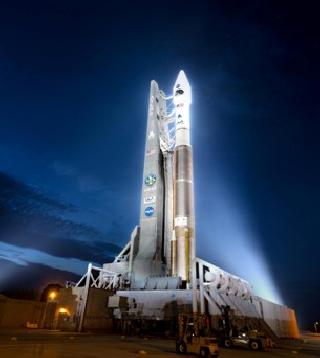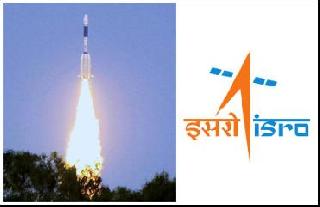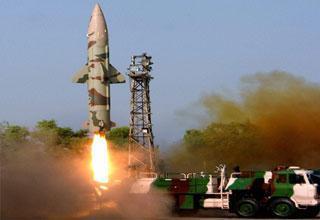
The Atlas V rocket stands ready for launch at Space Launch Complex-41 with NASA's Radiation Belt Storm Probes (RBSP) satellite. A United Launch Alliance photo
CAPE CANAVERAL (AP): A tropical storm forced the delay of the US space agency's launch of a pair of satellites to Earth's harsh radiation belts, just four minutes before the rockets fired.
The countdown was halted early Saturday for the second time in as many days.
NASA initially said it would try again Sunday. But with Tropical Storm Isaac bearing toward Florida, launch managers decided to move the unmanned Atlas V rocket back into its hangar until the storm passed.
They're aiming for a Thursday launch.
On Friday, a tracking beacon on the rocket held up the flight, which will carry NASA's Radiation Belt Storm Probes.
The twin satellites are designed to study Earth's radiation belts. Scientists say the two-year, USD 686 million mission will improve space forecasting. The goal is to better guard against solar storms.
Spacecraft can be damaged, and astronauts hurt, from severe solar outbursts. Life on Earth also can be disrupted.
 Previous Article
Previous Article Next Article
Next Article













The Indian Air Force, in its flight trials evaluation report submitted before the Defence Ministry l..
view articleAn insight into the Medium Multi-Role Combat Aircraft competition...
view articleSky enthusiasts can now spot the International Space Station (ISS) commanded by Indian-American astr..
view article